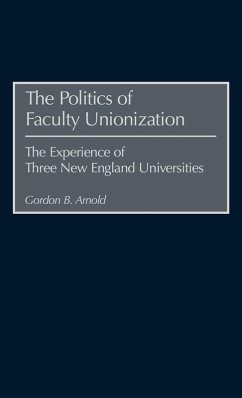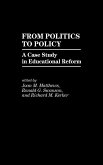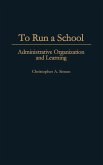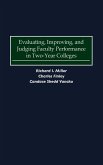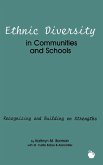Faculty unions are an important part of the current higher education landscape, particularly in the public sector. Yet, the rise of unionism among university faculties during the 1960's and 1970's was an unexpected development that clashed with many assumptions about academic life. Amid campus tensions, economic crisis and state political controversies, the faculties of the Universities of Connecticut, Massachusetts, and Rhode Island were among those joining ranks of organized labor during that era. This book follows the documentary record of faculty unionization at these New England universities to explore how and why unionization came about. As the book reveals, faculty unionization can be much more than the simple result of local controversies. When examined in light of the surrounding political and economic environment, a complex picture emerges. On these New England campuses, the process invoked the participation of many actors. Faculties, administrations, boards, state political leaders, and national associations all played a part in shaping the course of events, sometimes in unexpected and unintended ways. Gordon B. Arnold places these events in context, providing a 35-year overview of faculty unionism, and locating faculty unionization within the broader realm of organized labor and the rise of public sector collective bargaining.
Hinweis: Dieser Artikel kann nur an eine deutsche Lieferadresse ausgeliefert werden.
Hinweis: Dieser Artikel kann nur an eine deutsche Lieferadresse ausgeliefert werden.

